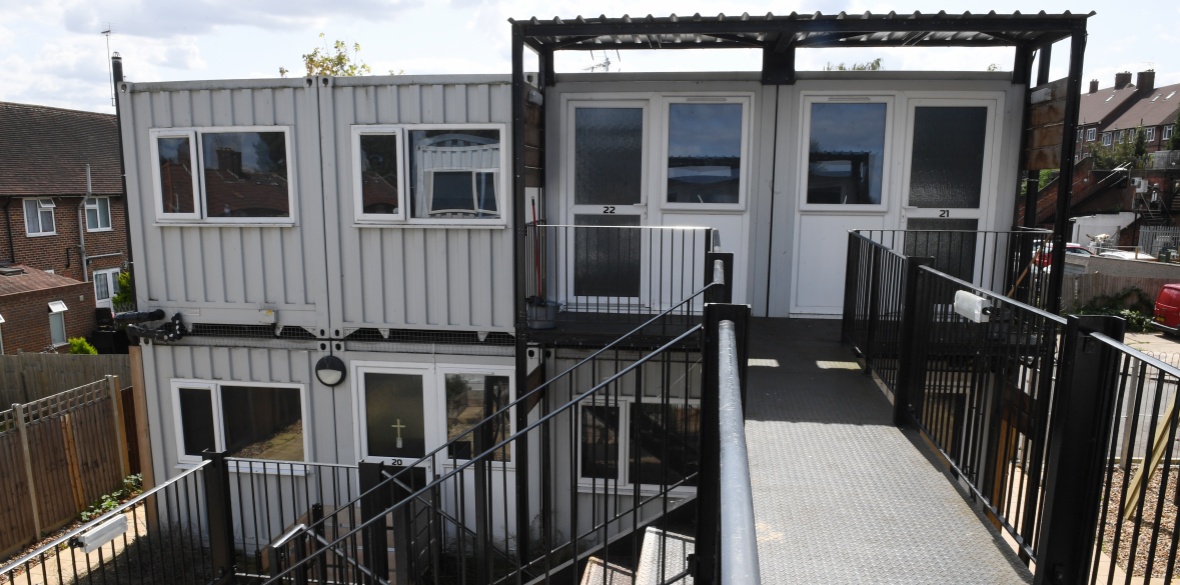ABOUT one in 100 of our children are homeless or live in temporary accommodation.
This, in the 21st century, in the fifth most powerful economy in the world, in a state that — despite being bigger than a dozen of its fellow members states of the European Union put together — cannot guarantee every member of its rising generation stable conditions for physical, emotional and intellectual growth, social development and harmonious family life.
This involves over 100,000 children. Lest anyone discount the seriousness of the situation, they need only to refer back to the warnings a year ago that 130,000 children would be homeless at Christmas. Another crisis at Christmas threatens.
Talk to any social worker or any teacher. Children living in cramped and temporary conditions, with their parents in despair and their siblings stressed out cannot be expected to benefit as much from their education as other children.
A secure and affordable home should be a basic human right.
The root cause of homelessness is not simply a lack of homes but an insufficiency of money to pay the going rate for a house. And this is true for those who want to buy as well as those who want to rent.
Labour’s shadow housing secretary John Healey now has the opportunity to lead the transformation of the party’s housing policy into a campaign priority for the whole movement.
It is not enough for Labour’s progressive portfolio of policies to simply exist. They must be given life and become the issues that people talk about on the bus to work, at tea break, during lunch hours, when they sit together with their families and down the pub.
A policy promise to build enough homes to solve the housing crisis will set a high bar for Labour in government.
But if every child in every family was securely settled in a home that they could afford this would set a standard in politics that none of the bourgeois parties could match.
Capitalist parties are wedded economic policies and to a system of land and property ownership grounded in a speculative regime which traps everyone within it and excludes most without.
In truth, the housing crisis cannot simply be solved by building more houses, even if the private house-building sector were so inclined to transform their lucrative land banks into building sites.
Post-war Britain saw the Conservatives compelled to compete with Labour in promising to build more homes. It was, and is, an extremely beneficial system when the state, acting for the common good, drives the construction of enough houses to guarantee every family a secure home at affordable rent.
In this virtuous circle the rental income repays the capital costs, the land and the building is a common good and is available in perpetuity.
That is until the market intervenes to transform a common good of great utility into a speculative investment. Britain needs a culture change in which a home is seen as precisely that and not principally an investment vehicle.
The shortest route to this desirable state of affairs is for the state to drive the construction of enough houses to drive down housing prices and set an affordable ceiling for rents.
Rent on property owned, interest on investments made, and profit from the labour of others are an unholy trinity upon which the capitalist mentality rests.
It is impossible to conceive of a fully socialist society in which this trinity triumphs but it is possible to conceive, within the world in which we currently live, a housing policy which serves human need not the market.











